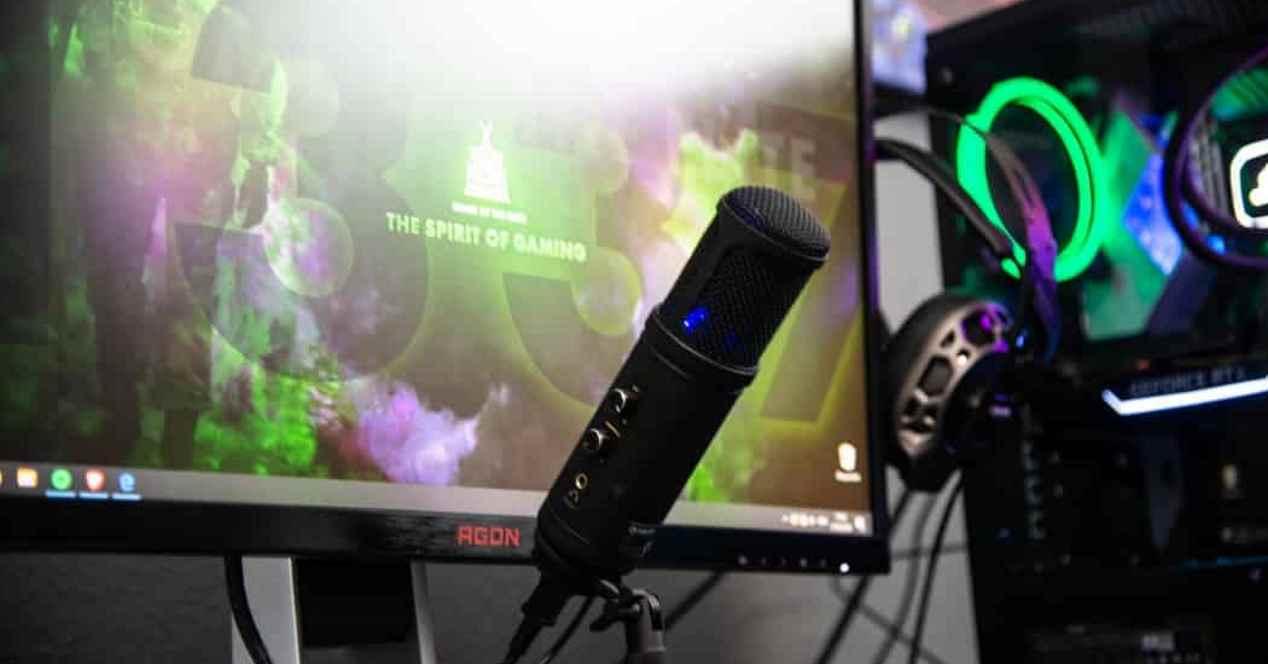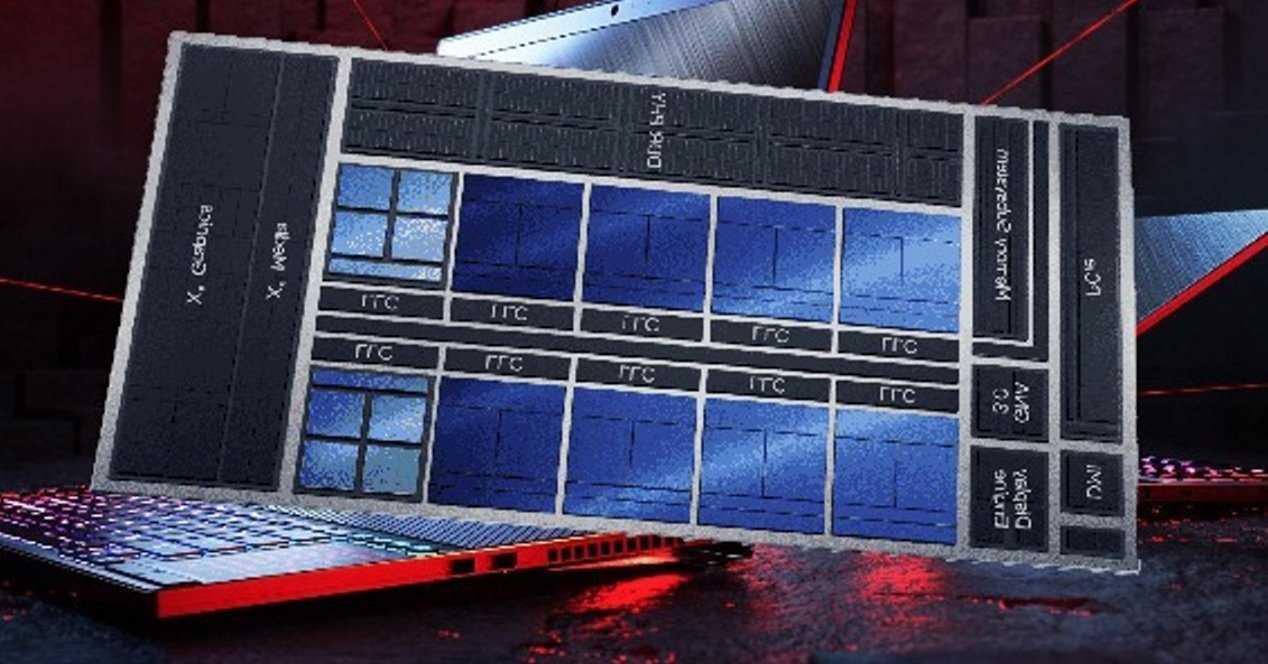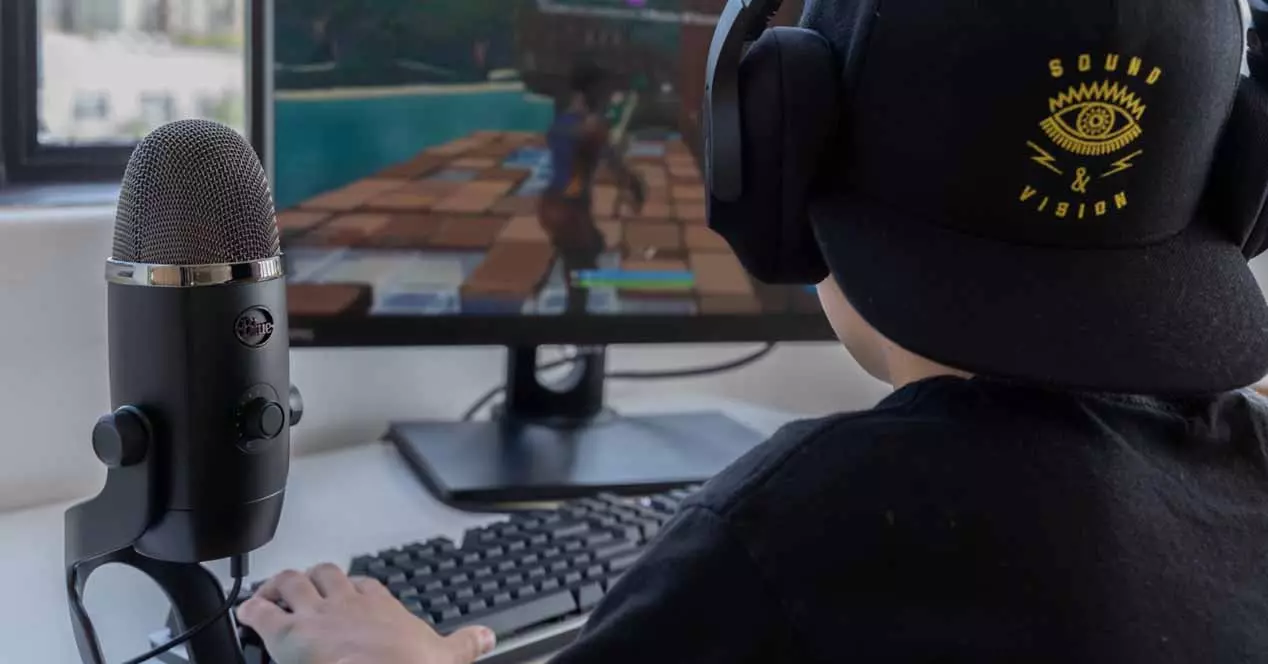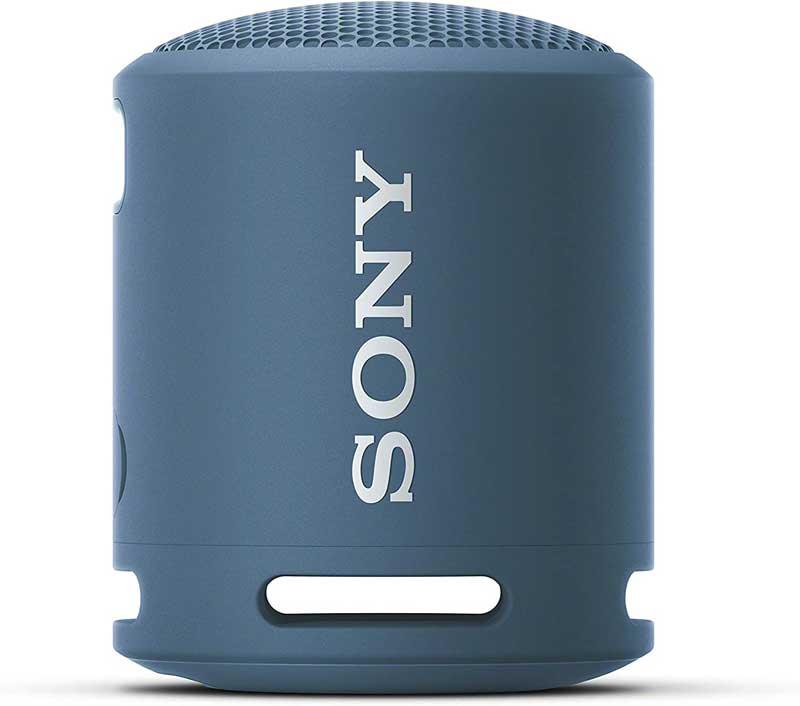
The broadcast of content over the internet in real time has become a phenomenon. Advances in recent years, both in computing and in telecommunications, have made it possible for something that was previously reserved for television channels to be available to everyone. However, not all PCs are prepared to perform this task with the necessary performance. That is why we are going to teach you how to choose the best processor for streaming.
What is video encoding and decoding?
When it comes to encoding and decoding video, what any processor does is take blocks from the frame and apply an algorithm to them that allows the information to be compressed. This is crucial due to the fact that, otherwise, the amount of data that would be needed to store a movie would be enormous. As well as the necessary bandwidth. The counterpart of the use of different video formats, such as H.264, AV1, HEVC, etc. Of course, in exchange for reducing the size of the data, you end up needing a lot of computing power to be able to encode and decode the thousands of blocks per second fast enough for the video to be seen before our eyes or those of a remote user.
So we have to start from the fact that it is a parallel job, which is why the SIMD units found in both CPU and GPU, although more common in the latter, are key to it. Since they can apply the same instruction to several data to the same in parallel. However, with the appearance of hardware video codecs inside graphics cards, this problem disappeared, since in theory the processor is relieved of said task. Its limitations? They are often limited in capacity, and don’t support all codecs, so there are conditions where we have no choice but the system’s CPU.
What makes a good streaming processor?
If you want a direct and uncomplicated answer: the one with the most nuclei. And it is that we have to take into account that a computer to stream on the internet is going to need a higher power than one that is necessary to play.
Few games currently recommend 8 cores to work, so it is an ideal number, however, in the future you may need a CPU with a higher number and this is where we enter into a dilemma when choosing Intel and AMD, especially since the appearance of the Intel Core 12, where some models have a series of additional cores called E-Cores.
E-Cores do not have the same performance as P-Cores, but are ideal for background or minor tasks. How about we assign them the job of encoding the video? (Clonazepam) Obviously, they won’t do as well as a top-of-the-line core or a symmetrical 12-core configuration. However, it will free up work for the parts of the processor in charge of executing the main threads of the game.
Our advice? It uses the assignment of tasks to the different cores intelligently in order to make an efficient division of labor.
What about the integrated graphics?
The iGPU inside your processor, if it supports it, usually has a hardware video codec built into it that will allow you to handle at least a couple of streams at the same time. These drives are the same drives found in NVIDIA and AMD gaming graphics cards.
So as long as you don’t exceed some requirements you should theoretically be able to use it for encoding. Certain? Well no, and here comes the jug of cold water. Games are not meant to combine two graphics chips at the same time, even if one is used to encode video. So unless the manufacturers allow it in the future. As is the case with Intel with its Deep Link between its processors and graphics. We cannot use the CPU video codec for streaming.
What is the best processor for streaming?
Well, it depends on your pocket and needs, if you are someone with a limited budget, but you want good performance, our advice is i5-12600K from Intel. However, if raw power is what you want, then AMD’s latest 12-core beast, the Ryzen 9 7900X.





